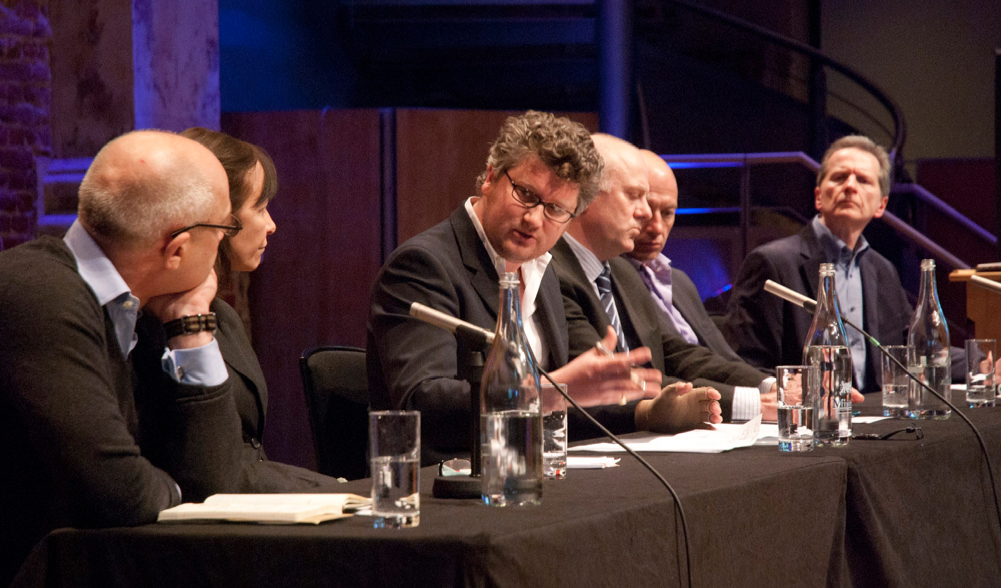Interesting column here from The Arts Desk about a debate at the ISM conference on the way forward for classical music broadcasting across all platforms:-
A shame Classic FM couldn't be bothered to send anybody along, because whatever we think of them, they are a major player, and surely one of the main reasons for the BBC's recent dumbed-down approach - although, as the article states:-
A shame Classic FM couldn't be bothered to send anybody along, because whatever we think of them, they are a major player, and surely one of the main reasons for the BBC's recent dumbed-down approach - although, as the article states:-
A question not discussed was whether the BBC should be thinking about wider audiences and mass markets at all, since, as you may recall, there used to be a theory that the licence fee insulated the Corporation against vulgar ratings-chasing.

Comment